Photographs courtesy of Fred Stucker Photography and the Rutgers Institute on Ethnicity, Culture and the Modern Experience
On April 30, 2014, the documentary Joachim Prinz: I Shall Not Be Silent played to a capacity audience at the Newark Museum's Billy Johnson Auditorium. It was an exceptional learning moment for today’s Newark. In spite of a daylong downpour, a cross section of the community showed up, with virtually every demographic sector represented. Most noteworthy was the high school contingent, who, along with undergraduate and graduate students, filled at least one third of the hall. They came from American History High School, St. Benedict's Preparatory School, St. Vincent Academy and the Bard Early College School. What for them was obviously a revelation was equally a delight for the adults in attendance.
I Shall Not Be Silent, by R Squared Productions, reveals the dramatic story of a courageous religious activist, who served as rabbi of a Newark congregation from 1939 to 1972. Prinz’s passion for justice compelled him to speak out against bigotry over the course of five decades, starting in Berlin under the Hitler Regime, later as an outspoken leader of the US civil rights movement and beyond. Prinz preceded Dr. Martin Luther King at the 1963 March on Washington, when he gave a riveting speech that was an indictment of apathy in the face of racism, comparing it to the silence of Germans during the rise of Nazism.
The film documents Prinz’s life and career: urging Jews to leave Germany before World War II, collaborating with Dr. King in the civil rights struggle and advocating for the emerging State of Israel. It features extraordinary footage depicting 1930’s Berlin and discrimination against African Americans in the US, as well as interviews and appearances by Congressman John Lewis, Professors Clement A. Price and Michael Meyers, Senator Cory Booker and President Barack Obama. The free screening at the Newark Museum was the first presentation of the movie to an audience truly diverse in age, race and religious background. It was arranged by the Rutgers Institute on Ethnicity, Culture and the Modern Experience and co-sponsored by the Newark Black Film Festival and the Victoria Foundation.
After the film, directors Rachel Fisher and Rachel Pasternak joined in a panel discussion with former NJ Assemblyman George Richardson, founder of the Newark Urban Coalition, who worked with Rabbi Prinz in Newark during the sixties and seventies. The panelists entertained thought-provoking questions, including remarkably insightful ones from high school students. “Why haven’t we learned about Rabbi Prinz in our studies?” “How did people react to the things he said and did?” One student noted that Prinz’s story was part of her history, and she had a right to learn about it. Panelists’ enlightening responses reflected on the larger message of Prinz’s life and challenged young and old to follow his example, drawing applause and admiration from the audience.
Rachel Pasternak summed up a sentiment that seemed to be shared by all who attended when she said, “This moment was our dream when we chose Rabbi Prinz as the subject for our film.”


